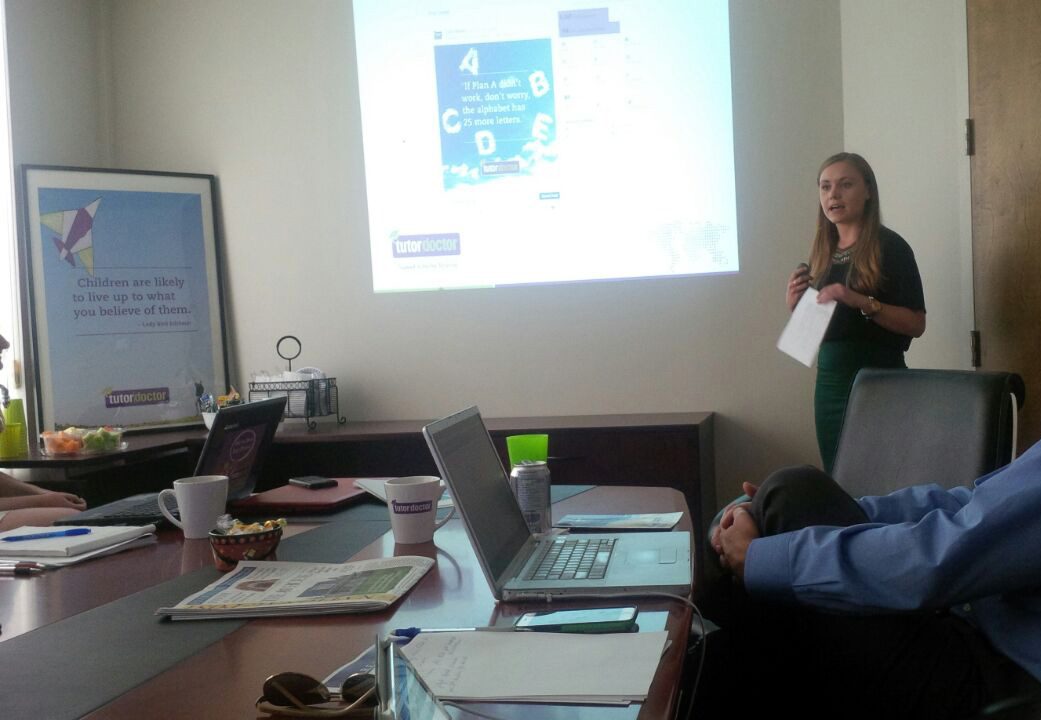Grade point average, more commonly known as GPA, can be described as a numerical representation of a student’s overall academic achievement. Of course, there are many objections to this mentality – grades themselves aren’t always an accurate representation of a student’s abilities! Despite this, GPAs remain an important figure, especially for high school students.
Tutor Doctor has some great tips for developing a strategy to boost your GPA! These tips are meant to help you plan – we’re not going to be discussing the more obvious practices for succeeding in school (participating in class, completing all assignments, etc.)!
Familiarize yourself on how GPA is calculated. GPA is essentially an average of your grade points earned over a given number of credit hours attempted. It’s important to know how GPA is weighted, because not every school is the same. Some schools only have full letter grades, so the difference between a “B” and an “A” is essentially 3.0 to 4.0. However, some schools/classes will offer “plus and minus” grades, which are weighted differently. For example, a grade of “B+” is often weighted as 3.70 grade points, which is substantially higher than a standard “B.” Knowing how your school calculates grades and GPA is crucial!
Set a target GPA as your goal. Before developing a strategy to boost your GPA, you need to decide what your target is. If your goal is a 3.5 and you’re currently sitting at a 3.0, having a clear target in mind helps to make the right choices, especially when it comes to what classes you should give extra attention towards – which leads us to our next tip!
Consider taking AP or honors level classes. Grade points are weighted differently for advanced classes. Typically, honors classes are ½ a grade point higher, and AP classes are 1 full grade point higher. This means that a “B” in an AP class is actually worth 4.0 grade points – the equivalent of an “A” in a regular class. This also means that an “A” grade in an AP course will net 5.0 grade points, which is how some students end up with GPAs over 4.0 upon graduating!
Make an appointment with your counselor. The best way to get an accurate report of your GPA is your school counselor. Nearly all schools now use computerized software to calculate course credits and overall GPA, and your counselor can provide you with a helpful printout of all your classes. In addition, school counselors can help you plan a course schedule to aid your GPA-boosting process. Counselors are a free resource at school, so take advantage of this support!
Focus on test-taking skills. Test taking skills generally focus on core academics – mathematics, language, reading, etc. Practicing these skills obviously improves class performance and GPA – but for high school students applying to college, there’s something else to consider! Standardized tests, like the SAT, are weighted heavily in college admissions. If your GPA isn’t what you’d like it to be, it’s always better to set a realistic goal while also focusing on your test-taking skills. A great score on the SAT, for instance, can totally outweigh your GPA in some college applications.
For more information about grade point averages, check out Back to College’s informative article and interactive GPA calculator!




